Vietnam has been making efforts in the process of amending and strengthening policies for teachers through the proposal to build the Law on Teachers.
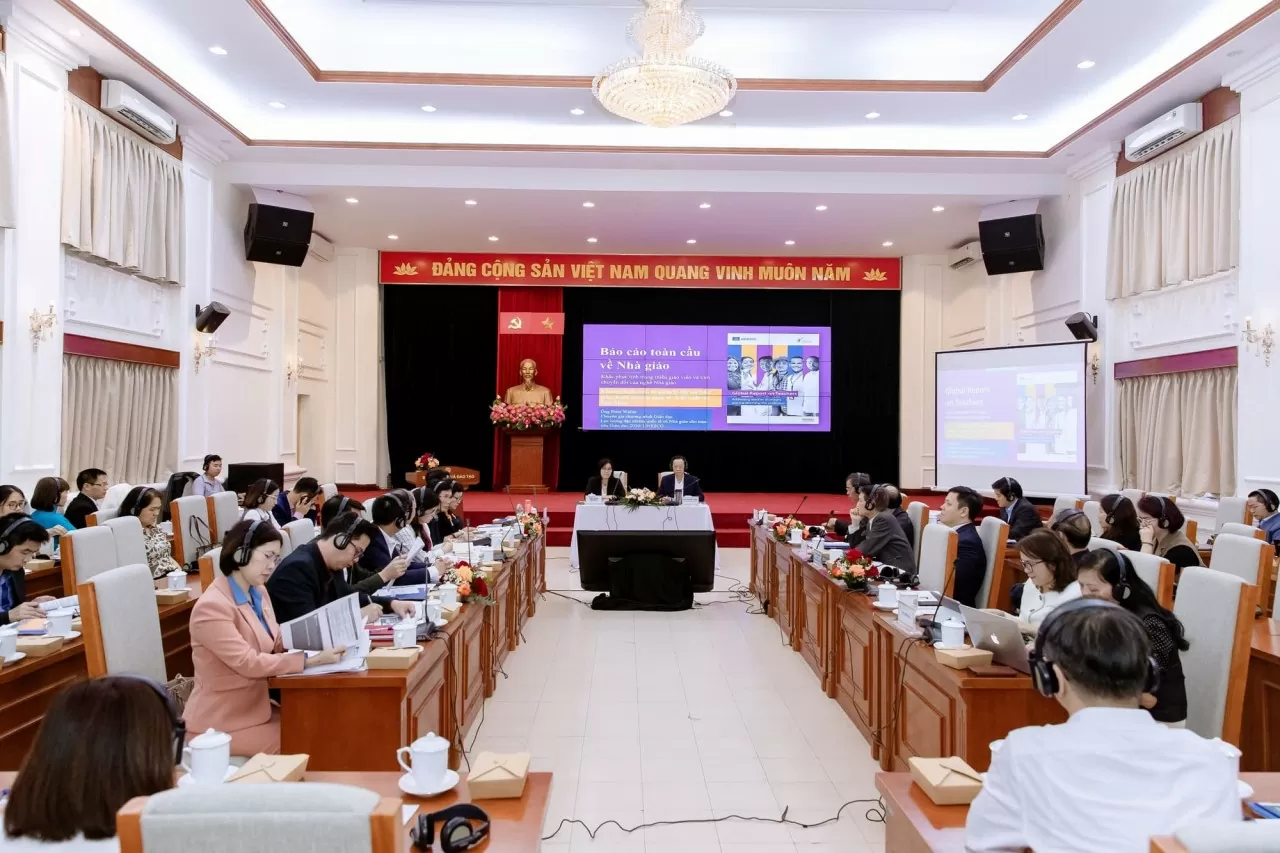 |
| Dialogue on the International Legal and Policy Framework for Teachers. |
On the afternoon of November 26, the Ministry of Education and Training (MOET) and the UNESCO Office in Vietnam held a consultation workshop on "Policy and legal framework for teachers in the context of globalization: International experience and recommendations for Vietnam".
For the purpose of ensuring quality education
In the context of Vietnam's efforts to build the Law on Teachers, for the first time, the National Consultation Workshop in direct and online form on the Policy and Legal Framework for Teachers in the Context of Globalization: International Experience and Recommendations for Vietnam attracted the attention and contributions of more than 150 policy makers, legislators, education managers, teachers, representatives of education unions, and more than 10 international organizations, UN organizations and Vietnamese non-governmental organizations.
Experts from UNESCO Hanoi, UNESCO Headquarters, UNESCO Teacher Development Department and Representatives of the UNESCO-led International Task Force on Teachers for Education 2030 and representatives from Shanghai Normal University participated and contributed expertise to the Workshop.
With the goal of ensuring quality education and lifelong learning opportunities for all to ensure national competitiveness, people's happiness and well-being, and global integration, Vietnam has been making efforts in the process of amending and strengthening policies for teachers through the proposal to develop the Law on Teachers.
Currently, the Law on Teachers has been submitted by the Vietnamese Government to the National Assembly for consideration and initial comments at the 8th Session of the 15th National Assembly (taking place in October-November 2024), and is expected to be submitted to the National Assembly for approval at the 9th Session of the 15th National Assembly (June 2025). If approved by the Vietnamese National Assembly, the Law on Teachers is expected to create a legal corridor and a favorable environment for teachers to maximize their potential and effectively contribute to the national education reform.
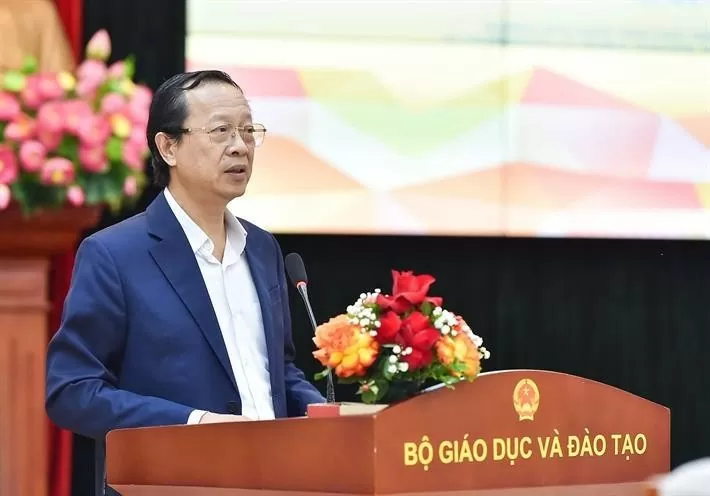 |
| Deputy Minister of Education and Training Pham Ngoc Thuong spoke at the workshop. |
At the workshop, Deputy Minister of Education and Training Pham Ngoc Thuong shared that in many countries, especially those with a tradition of valuing education and teachers, the position and role of teachers are always given attention. In order to affirm the position and role of teachers, the Ministry of Education and Training proposed that the Government develop a Draft Law on Teachers with a consistent motto to develop the teaching staff, shifting from administrative management to quality management in order to attract and retain talented people in the teaching profession, and to confidently contribute.
The Deputy Minister said that over the past time, the draft Law on Teachers has been developed with elaborate and careful processes and procedures. In which, there is the responsible and dedicated participation of a team of experts, higher education institutions, and Departments of Education and Training. The draft Law on Teachers has been submitted to the 8th Session of the 15th National Assembly. Accordingly, there were 127 comments in groups and 37 comments discussed in the parliament.
During this process, the Ministry of Education and Training consulted with UNESCO - the United Nations specialized agency for education - and the UNESCO-led International Task Force on Teachers for Education 2030 on the global and regional context of teacher transformation. The expert consultation documents included relevant international guidelines, research and experiences in developing teacher policies from member countries and research centers.
Increase the status of teachers
Discussing the process of drafting the Law on Teachers and asking for comments, Mr. Vu Minh Duc, Director of the Department of Teachers and Educational Administrators, shared that the Law on Teachers has been carefully drafted through extensive research and consultation to ensure that it motivates and strengthens all teachers to become qualified, dedicated, responsible and proficient in this profession, wherever they are. We appreciate such dialogues with domestic and international participants through today's workshop.
Discussing the Workshop program, Ms. Miki Nozawa, Head of Education Department, UNESCO Vietnam said that the Workshop is a vivid demonstration of the joint commitment of UNESCO and the Ministry of Education and Training in promoting the role and status of teachers through the policy and legal framework in Vietnam, a rapidly changing country, especially this is a meaningful activity to celebrate World Teachers' Day (October 5) and Vietnamese Teachers' Day (November 20).
Meanwhile, Ms. Valerie Djioze-Gallet, representative of the Department for Teacher Development (UNESCO Headquarters), said that UNESCO welcomes the Vietnamese Government's top agenda in strengthening policies and laws for teachers and is ready to coordinate with the UNESCO Office in Hanoi to continue providing technical support to the country to address challenges, such as data- and evidence-based decision-making related to teachers, teacher shortages and professional development...
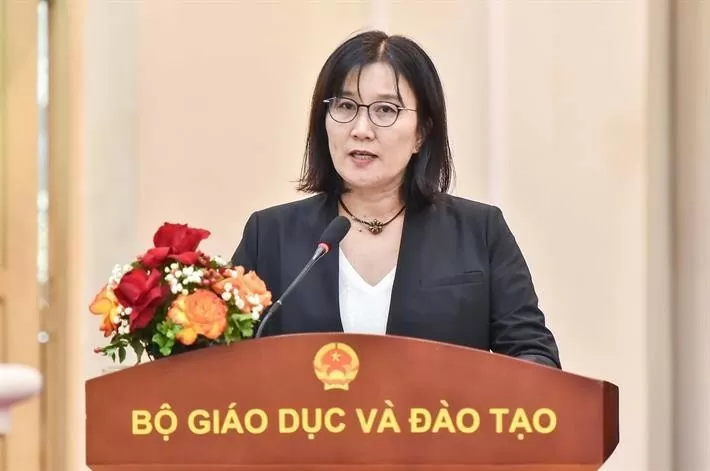 |
| Ms. Miki Nozawa, Head of Education Program, UNESCO in Vietnam. |
Towards building a policy to develop the teaching staff
Deputy Minister Pham Ngoc Thuong stated that in developed countries with a tradition in education, they clearly define the role and position of teachers in the prosperity of the nation. Investing in education and developing teachers is investing in development, for the present and the future.
Through the opinions exchanged at the workshop, the messages all mentioned the development of the teaching staff and the development of teaching policies in the direction of strengthening and facilitating the development of teachers. It is not only a matter of salary but also working conditions, creative space, working space, so that teachers have the most basic conditions to be able to live on their profession and ensure the quality of education.
The Deputy Minister of Education and Training emphasized: “This is not a preferential treatment for teachers, but a basic policy for teachers, and international experience has proven that. In the coming time, in the process of continuing to perfect the draft Law on Teachers, the Ministry of Education and Training will aim to build policies that are in line with the goal of developing the teaching staff.”
Through presentations by UNESCO experts, attendees gained an overview of the role of teachers today: In a new social contract on education, teachers must be placed at the center, and their profession must be reassessed and reimagined as a collaborative effort, sparking new knowledge, bringing about educational and social transformation [1].
Delegates were also introduced to the Guidelines for Developing Teacher Policy, a useful and practical tool to guide the development and/or review of national teacher policies by addressing the different elements of teacher policy and how these elements interact with each other, contributing to the development of evidence-based national teacher policy as an integrated component of sector-wide education plans or policies in line with overall national development plans and strategies.
More practical issues facing teachers around the world in general and in some countries in particular are also raised and discussed in the Global Report on Teachers initiated by UNESCO and the International Task Force on Teachers for Education 2030. The specific case of China's Teachers Law was also shared by Professor Li Tingzhou, Shanghai Normal University.
Each group discussion concluded with a lively discussion on the relevance of international experiences to the development of a policy and legal framework for teachers in Vietnam and proposed solutions and recommendations related to teachers to meet national needs, while being consistent with trends, visions and forecasts at the global level.
[1] UNESCO report published in 2021 by the International Commission on the Future of Education is titled Reimagining Our Future Together: A New Social Contract for Education.
Source



![[Photo] Moment of love: Myanmar people are moved to thank Vietnamese soldiers](https://vstatic.vietnam.vn/vietnam/resource/IMAGE/2025/4/3/9b2e07196eb14aa5aacb1bc9e067ae6f)
![[Photo] Prime Minister Pham Minh Chinh receives Deputy Prime Minister of the Republic of Belarus Anatoly Sivak](https://vstatic.vietnam.vn/vietnam/resource/IMAGE/2025/4/2/79cdb685820a45868602e2fa576977a0)
![[Photo] Special relics at the Vietnam Military History Museum associated with the heroic April 30th](https://vstatic.vietnam.vn/vietnam/resource/IMAGE/2025/4/3/a49d65b17b804e398de42bc2caba8368)

![[Photo] Comrade Khamtay Siphandone - a leader who contributed to fostering Vietnam-Laos relations](https://vstatic.vietnam.vn/vietnam/resource/IMAGE/2025/4/3/3d83ed2d26e2426fabd41862661dfff2)
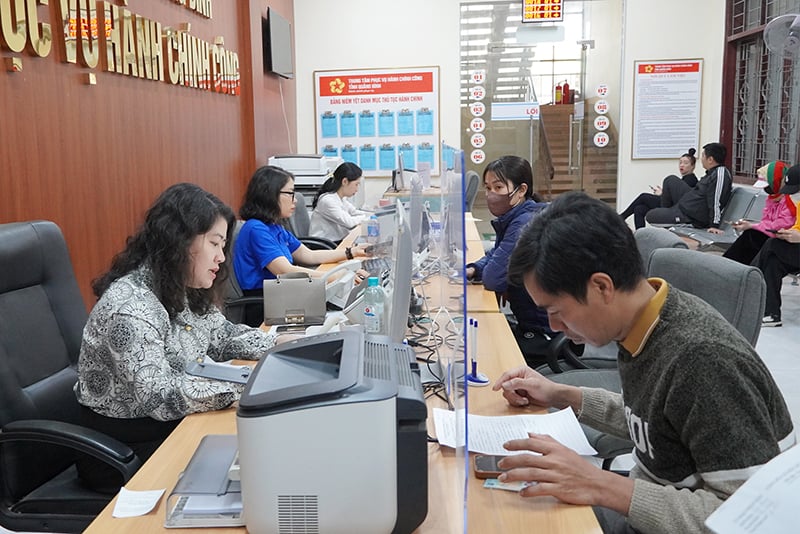





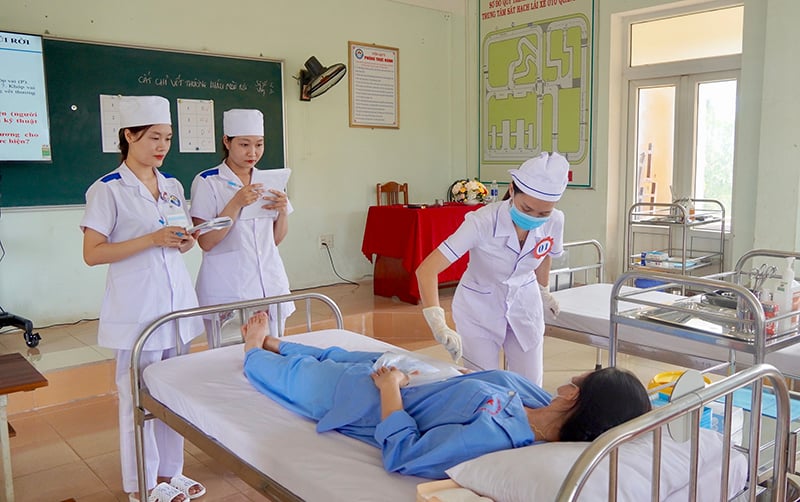
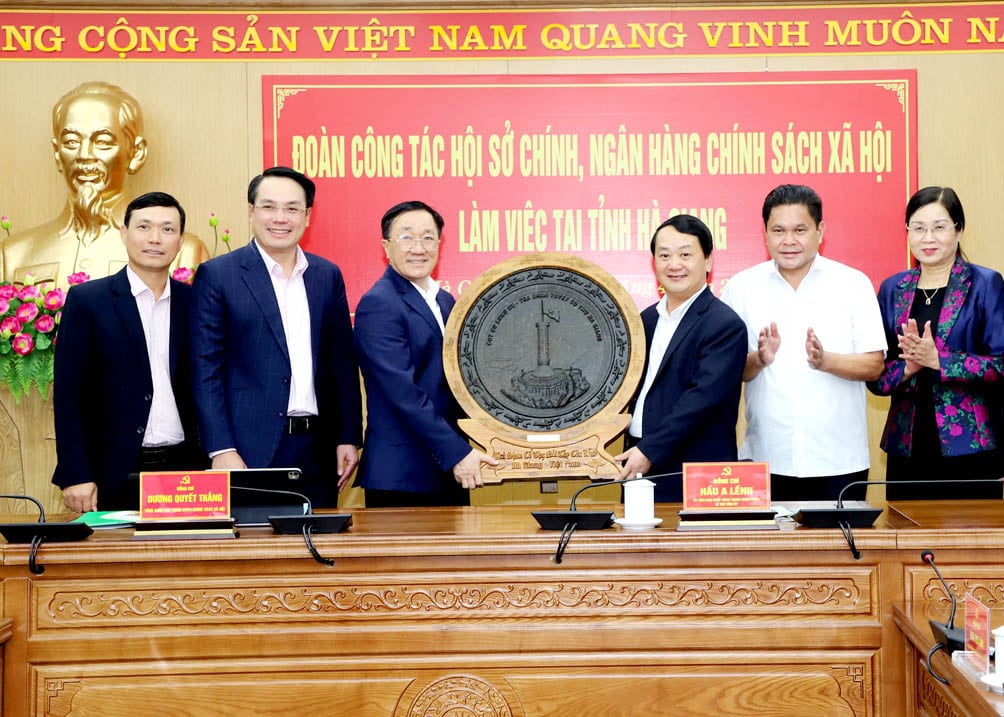
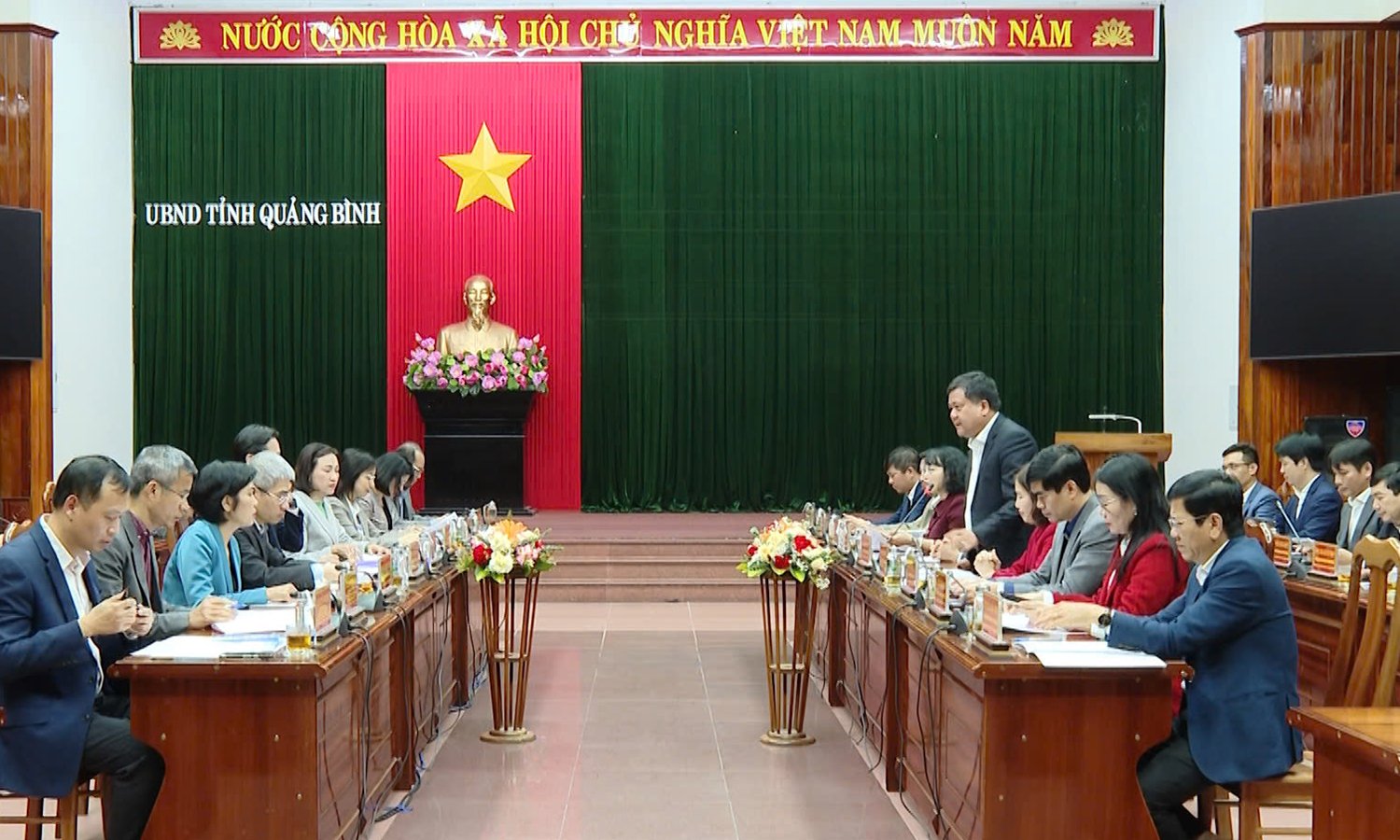

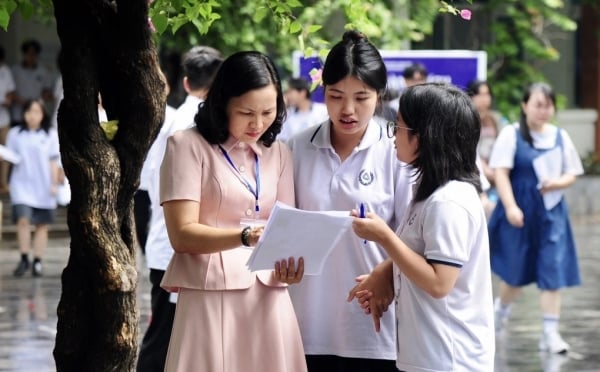


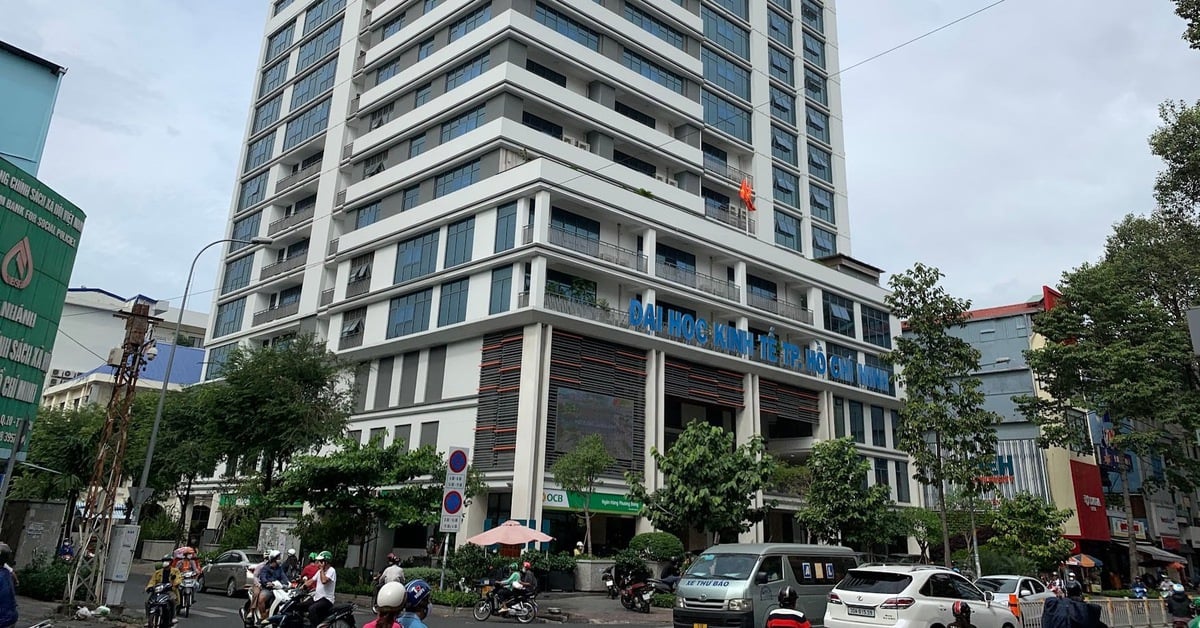
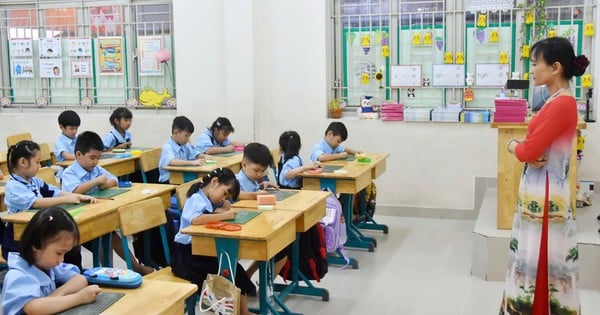







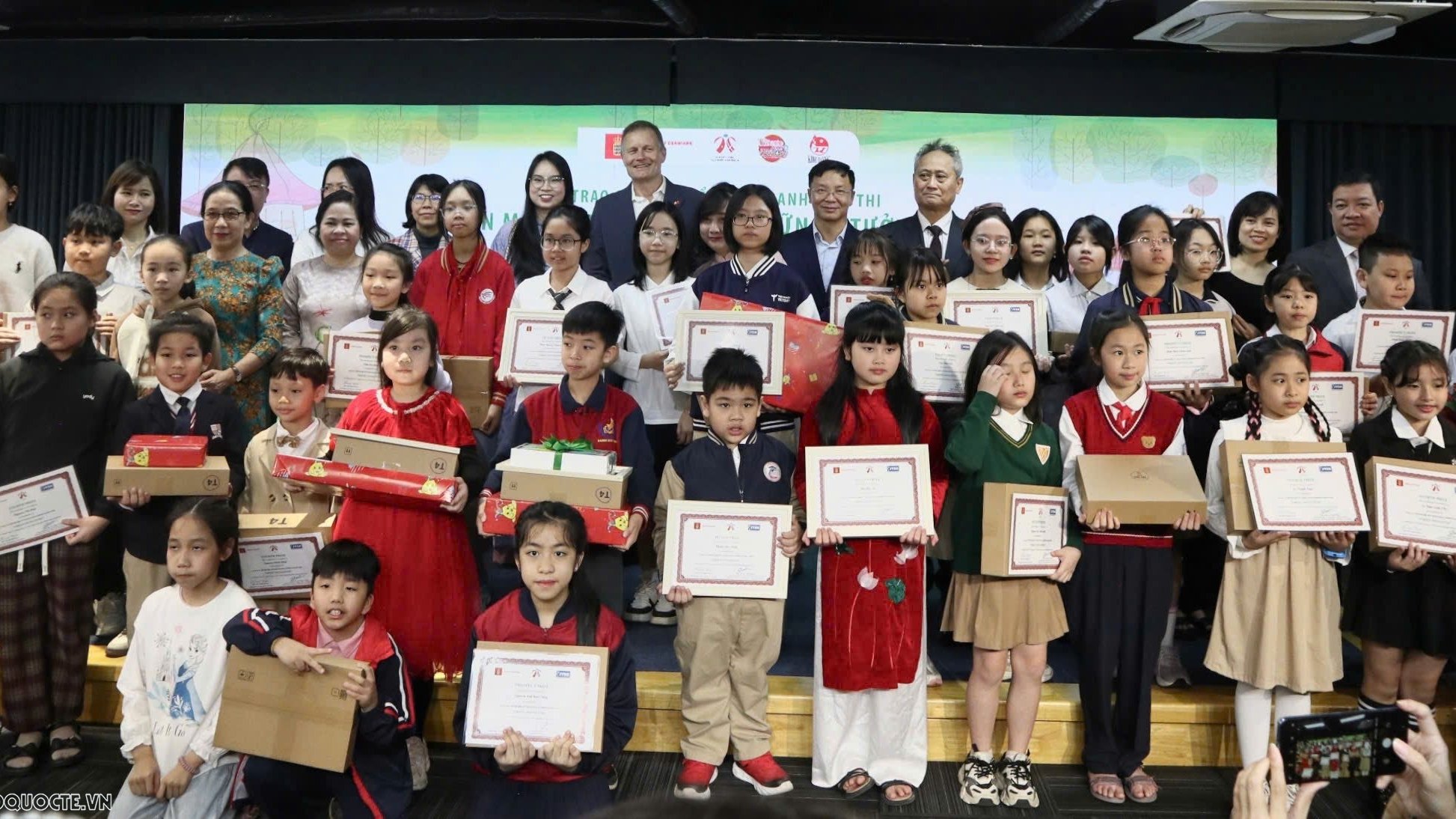
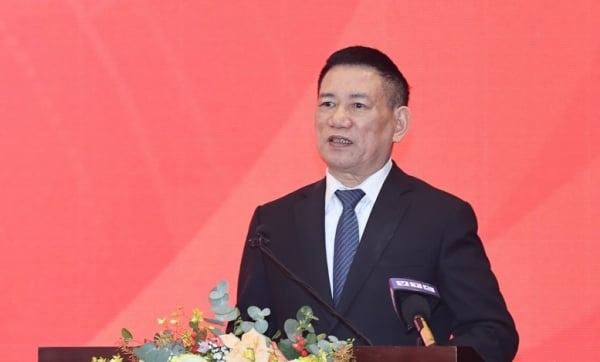
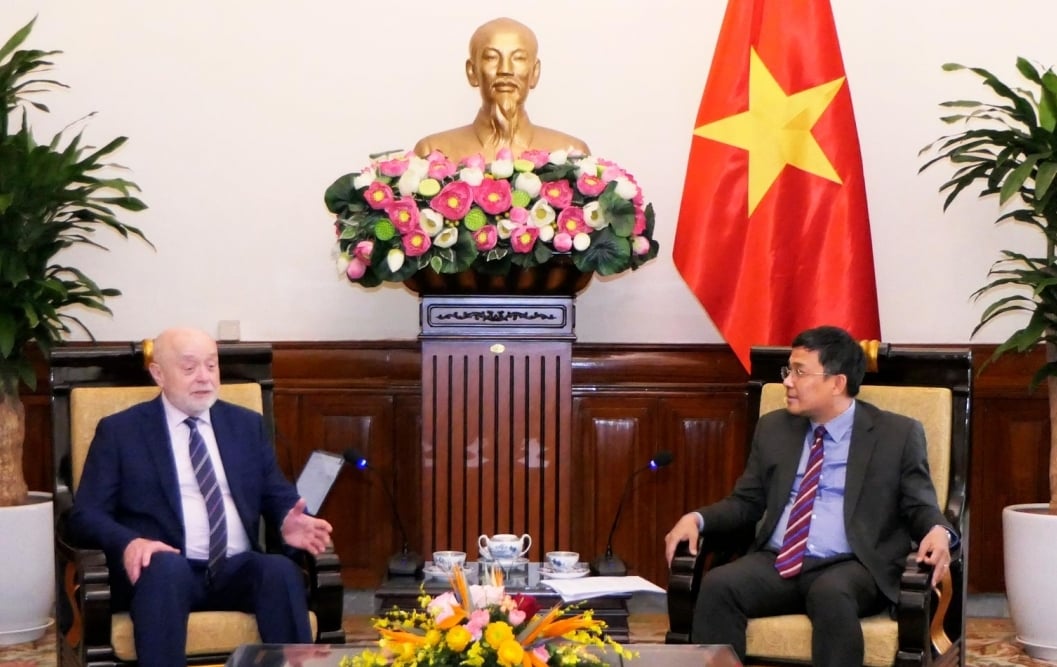


































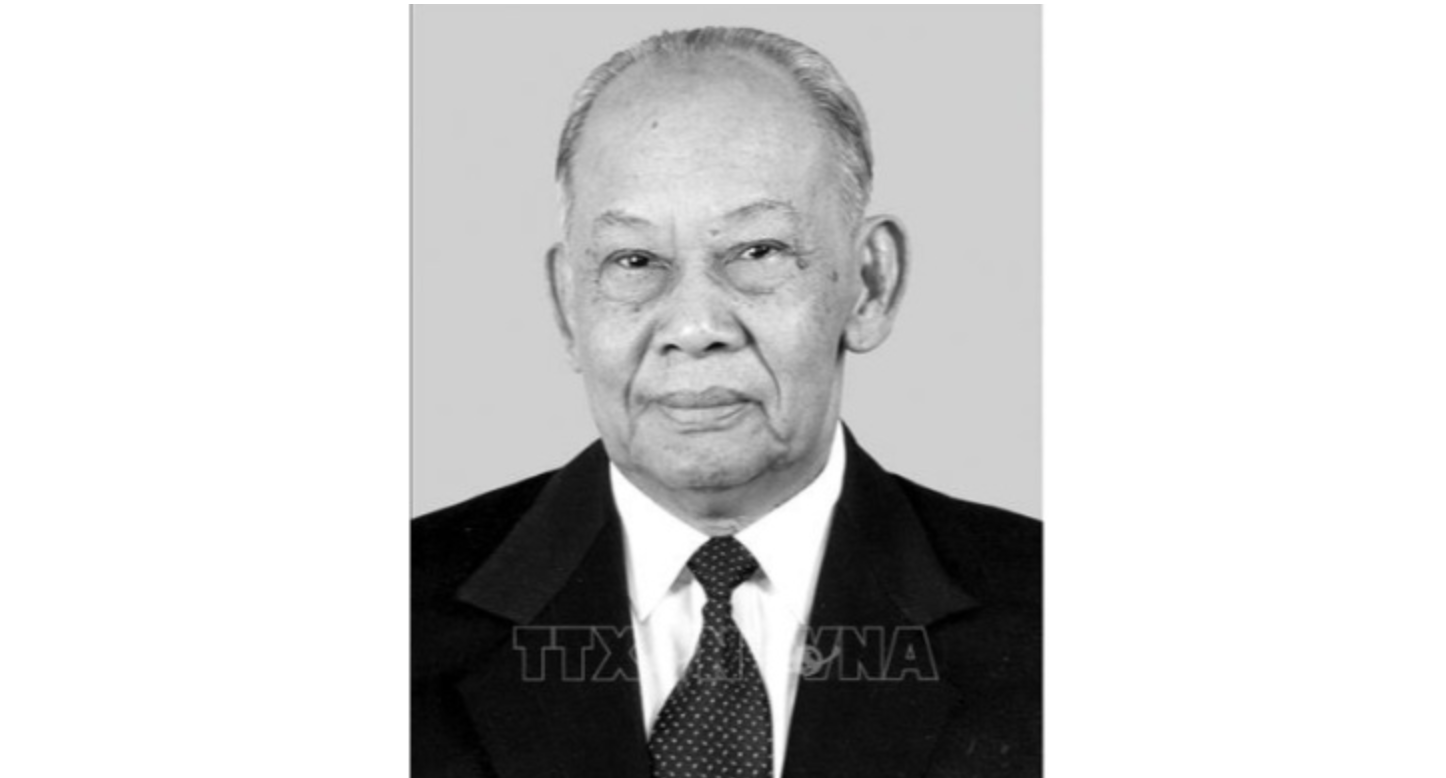


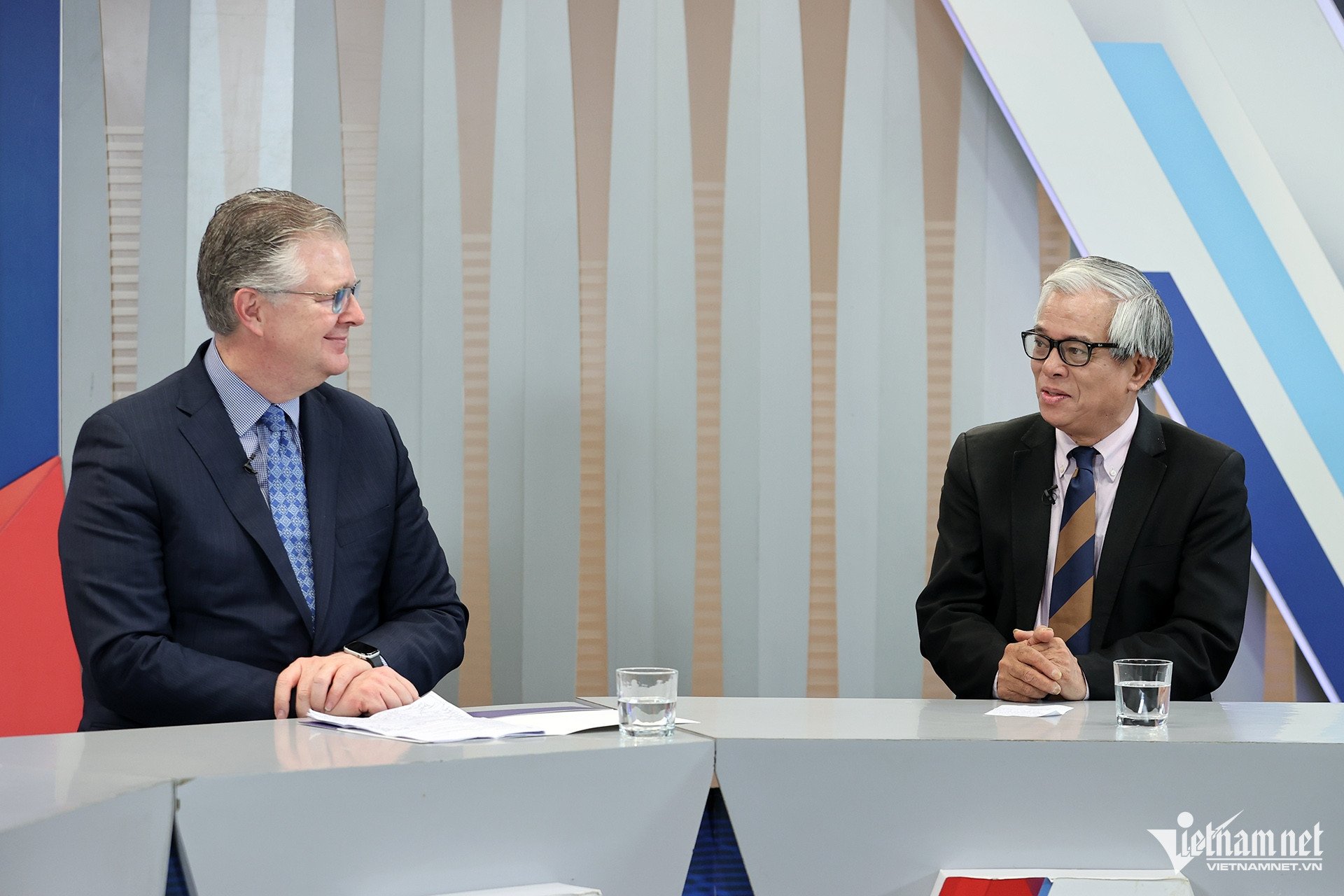
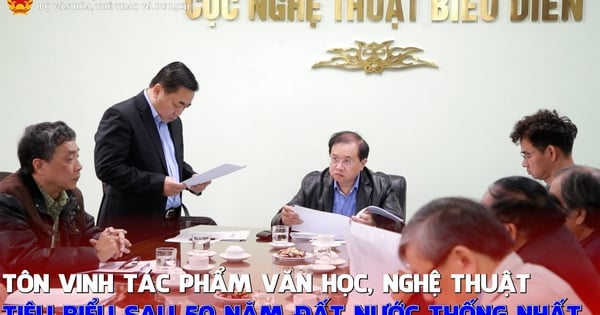

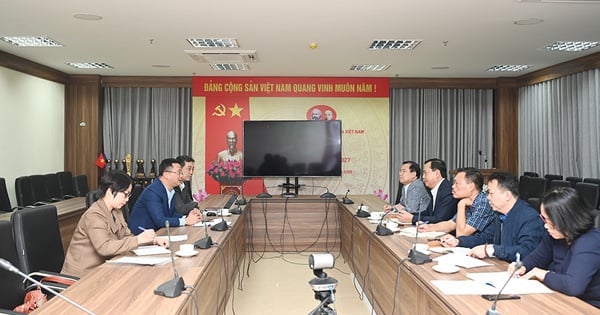
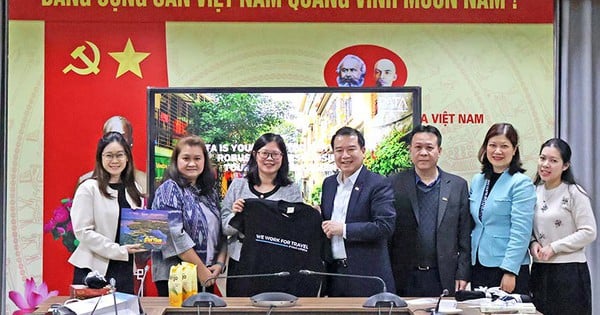
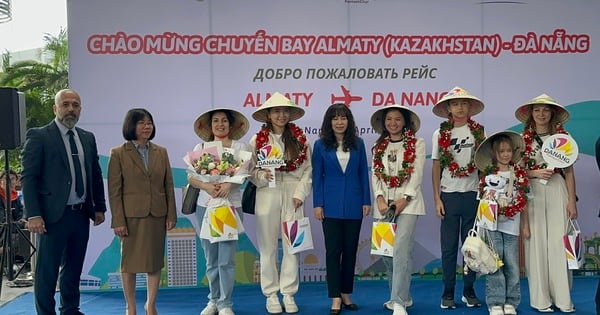




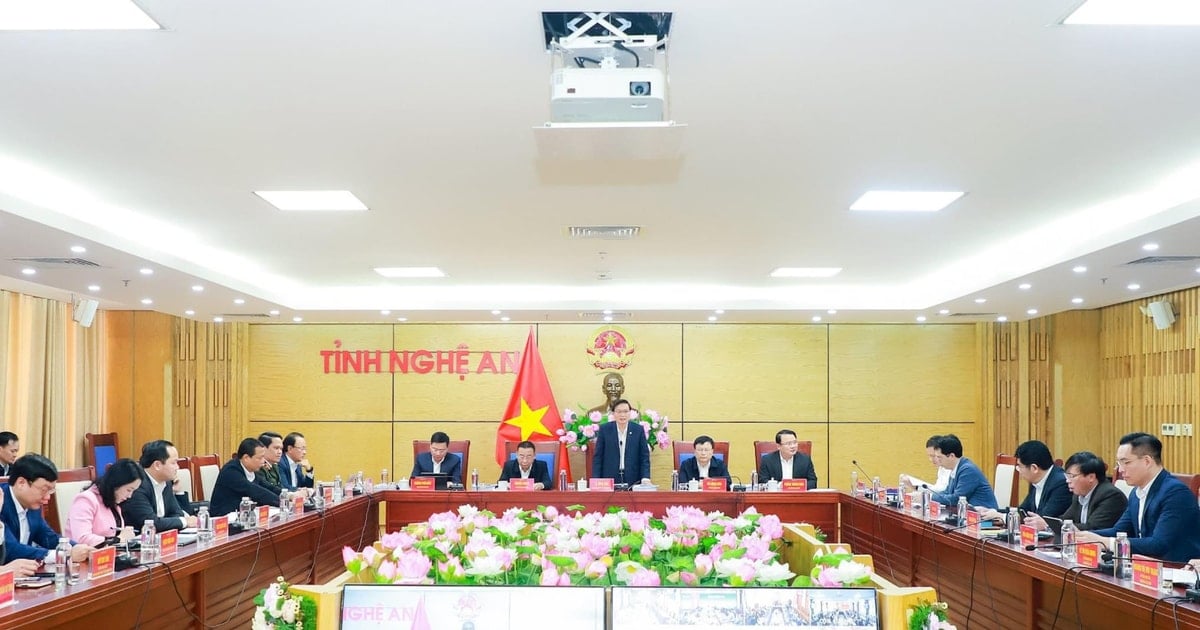

















Comment (0)